Well Water Safety Evaluation
Ensuring the safety and quality of well and drinking water is essential for health and well-being. Regular testing can identify contaminants and help maintain water purity. Testing procedures vary depending on the specific concerns, such as bacteria, chemicals, or minerals, and are vital for households relying on private wells.
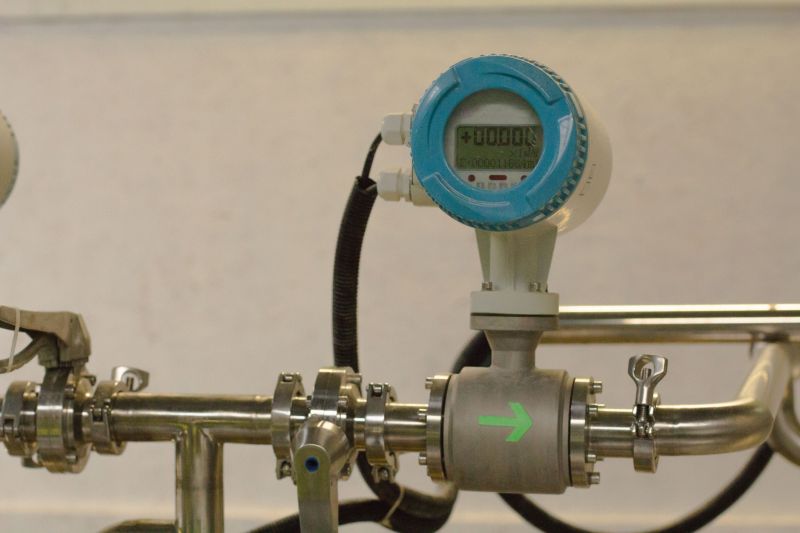
Proper sampling tools are used to collect water samples for accurate testing. These tools help prevent contamination and ensure reliable results.
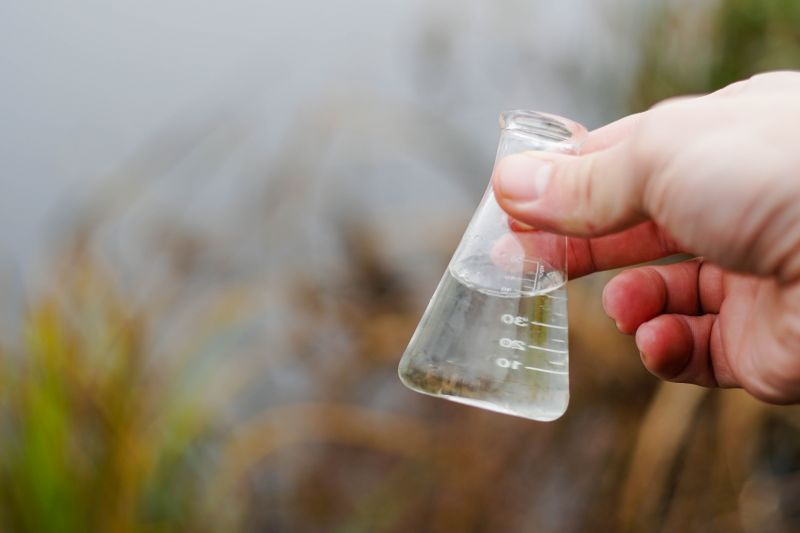
Samples are analyzed in specialized laboratories to detect a wide range of potential contaminants, including bacteria, nitrates, heavy metals, and organic compounds.
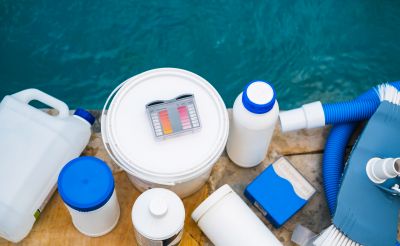
Results provide detailed information about water quality, highlighting any issues that may require treatment or further investigation.
Statistics show that a significant percentage of private well owners experience contamination issues at some point. Regular testing can help identify problems early, preventing health risks and ensuring compliance with local safety standards. The process typically involves collecting samples, transporting them to a lab, and receiving detailed reports within a few days.
Testing Process and Duration
A professional well and drinking water testing usually takes between one to three days, depending on the tests required. The process begins with sample collection, followed by laboratory analysis. Professionals ensure proper sampling techniques and timely delivery of results, which can be critical for addressing water quality concerns promptly.
Hiring a professional for water testing ensures accurate results and adherence to proper procedures. Professionals have the expertise to identify issues that might be overlooked in DIY testing and can recommend appropriate solutions based on the findings.
Professionals follow strict protocols to collect representative water samples, reducing the risk of contamination.
Advanced testing methods detect a wide range of potential contaminants, providing detailed insights into water quality.
Results are delivered promptly, along with guidance on necessary treatment options or further testing.
Professional testing is recommended for accurate assessment, early detection of issues, and peace of mind. It helps ensure that water is safe for consumption and meets health standards.
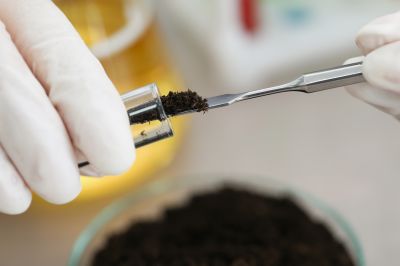
Samples are collected using sterile containers to prevent contamination and ensure accurate testing.
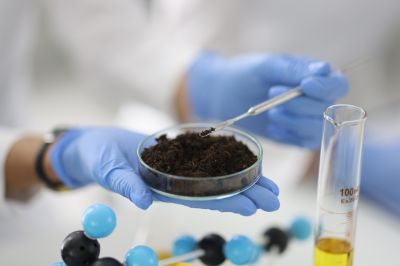
State-of-the-art instruments analyze water samples for a comprehensive range of contaminants.
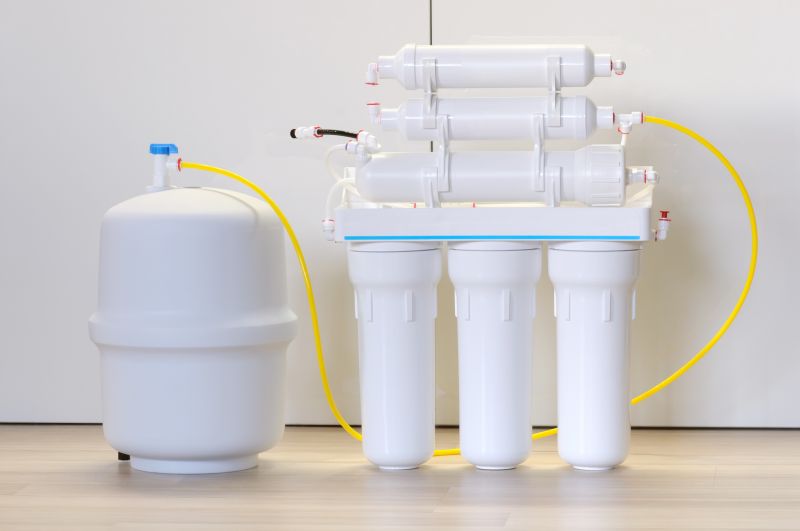
Completed work includes detailed reports with findings and recommended actions for water safety.
Regular water testing helps identify potential issues before they become health hazards. It is especially important for homes with private wells, where water quality is not regulated by municipal standards. Proper testing and maintenance can prevent costly repairs and health risks associated with contaminated water.
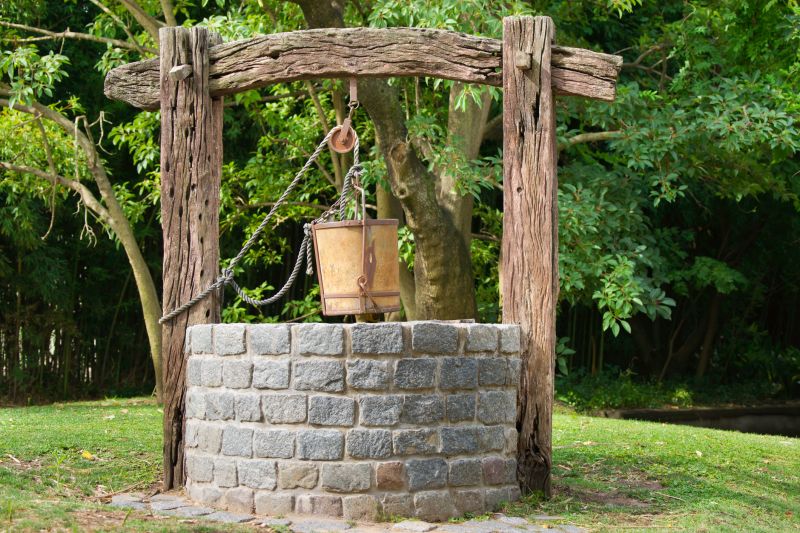
Inspecting well structures to identify potential sources of contamination or damage.
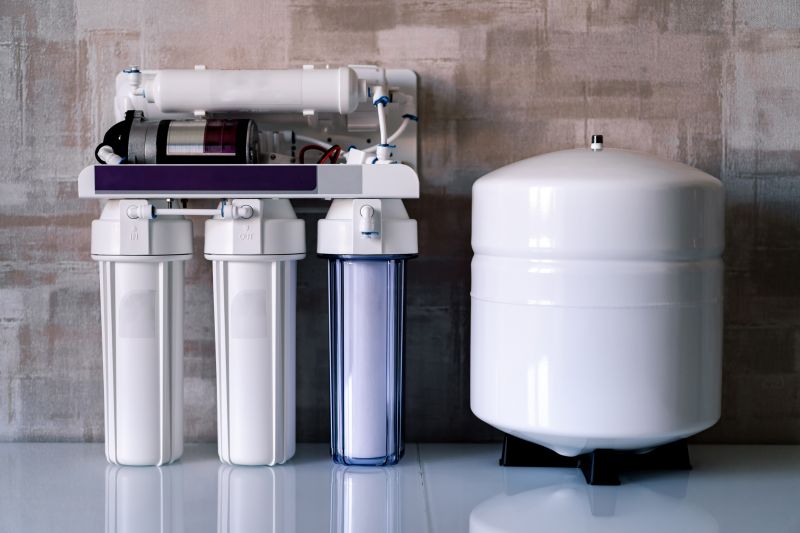
Installing treatment systems based on test results to improve water quality.
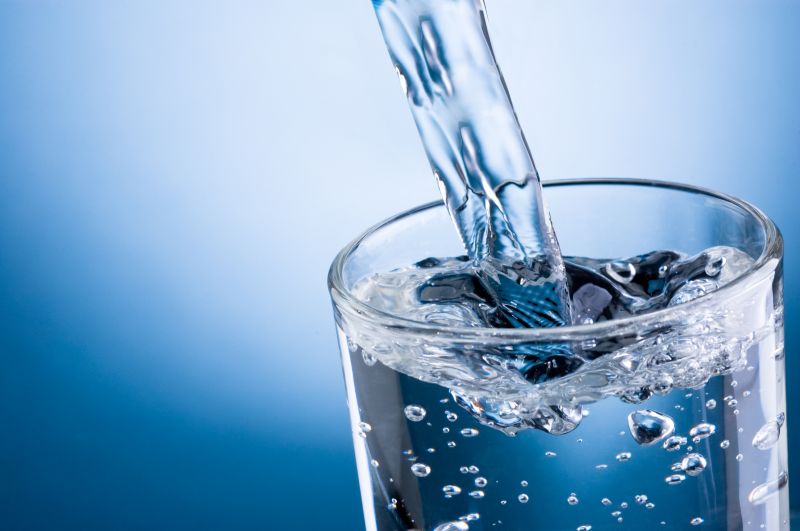
Ongoing testing ensures water remains safe and meets health standards over time.
Interested in obtaining a detailed assessment of well and drinking water quality? Filling out the contact form can provide a personalized quote and further information about testing services tailored to specific needs.
